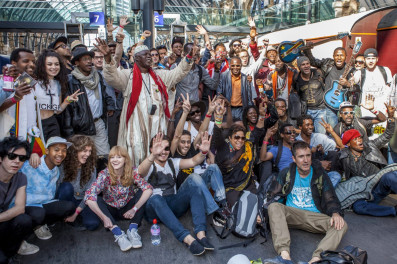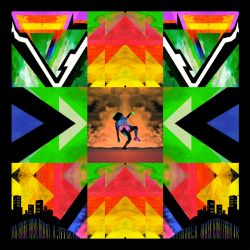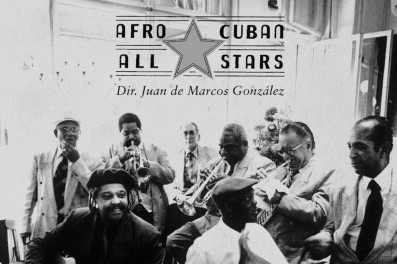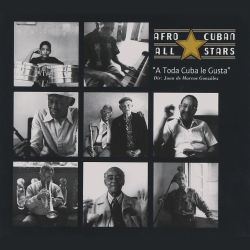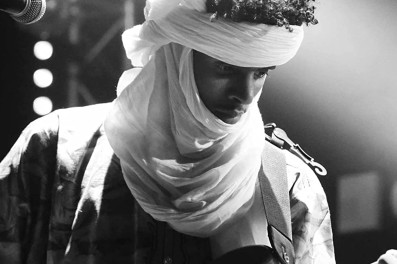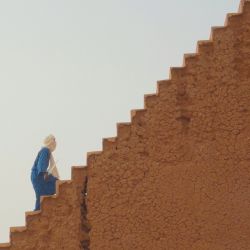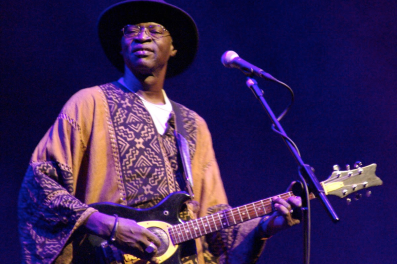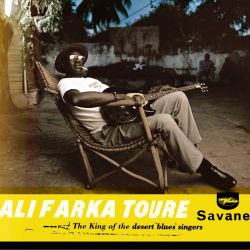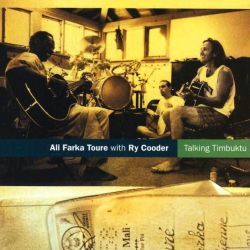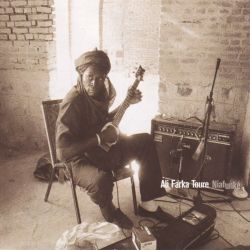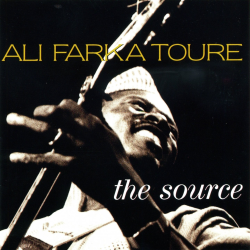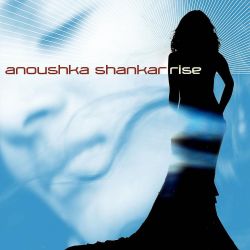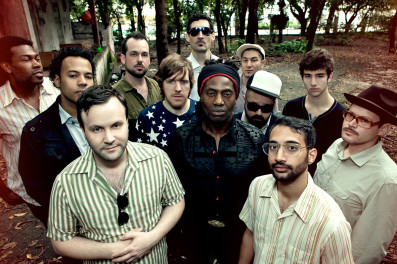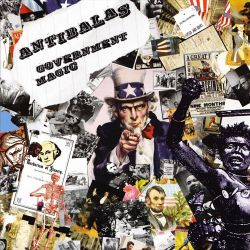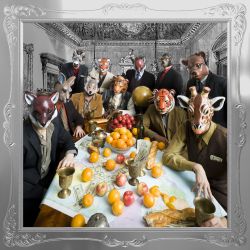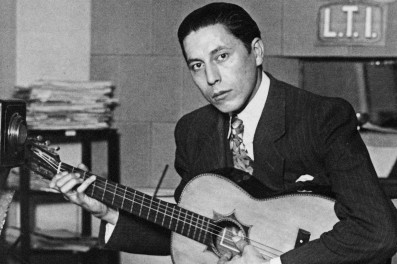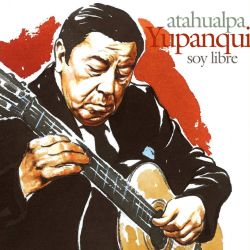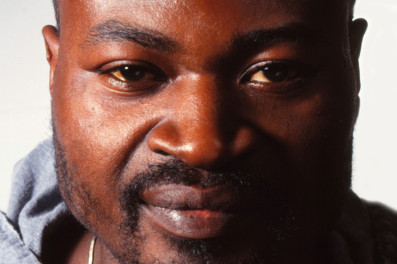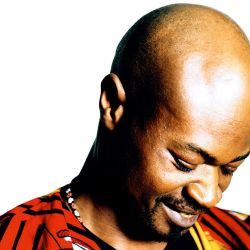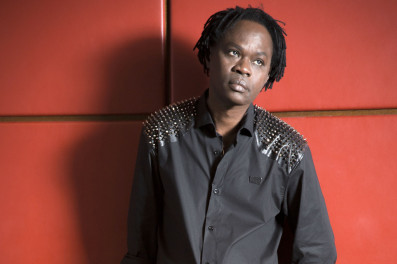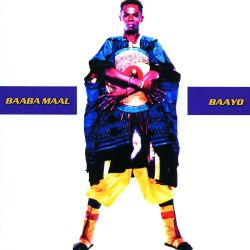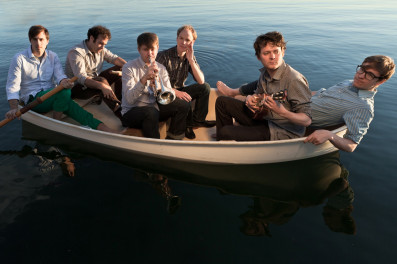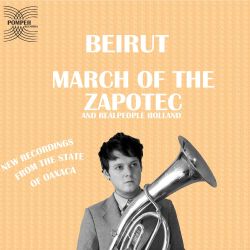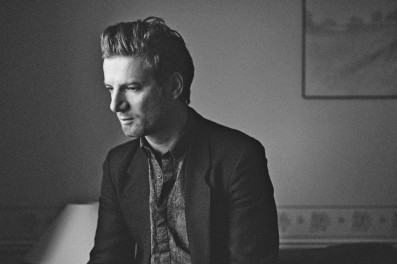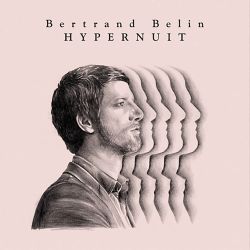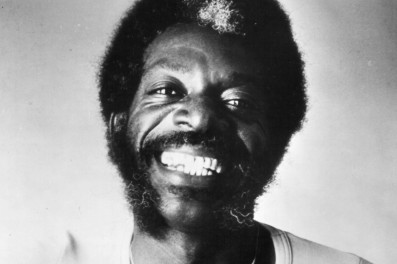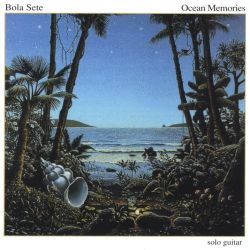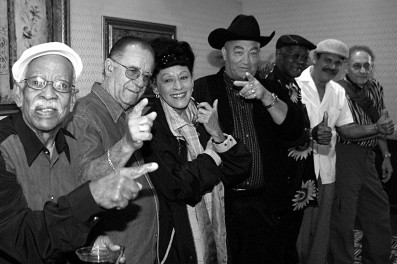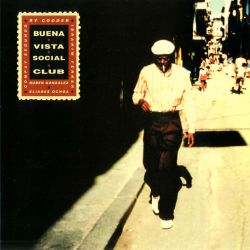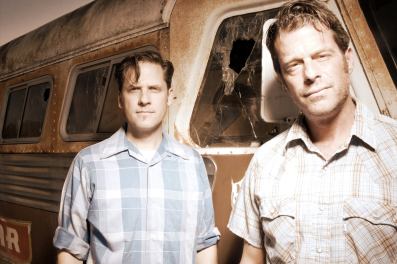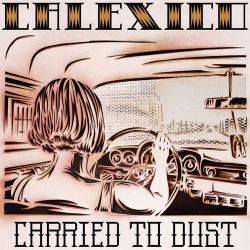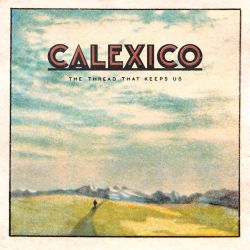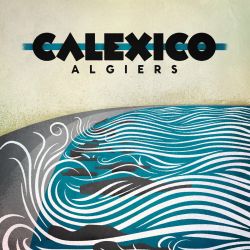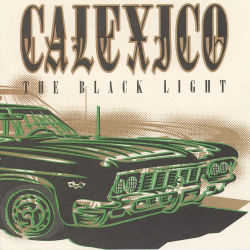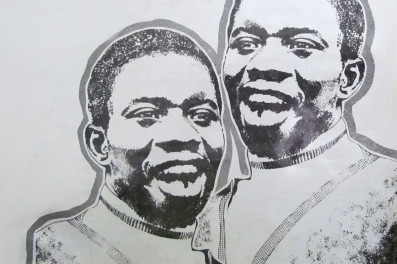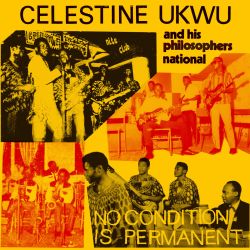Anoushka Shankar
Anoushka Shankar (born 9 June 1981 is a British Indian sitar player and composer. She is the daughter of Pandit Ravi Shankar and Sukanya Rajan, and the half-sister of Norah Jones.
Early life
Shankar was born in London and her childhood was divided between London and Delhi. She is the daughter of Sukanya Shankar and Indian sitar maestro Ravi Shankar, who was 61 when she was born. Through her father, she is also the half-sister of American singer Norah Jones (born Geetali Norah Shankar), and Shubhendra "Shubho" Shankar, who died in 1992.
As a teenager, Shankar lived in Encinitas, California, and attended San Dieguito High School Academy. A 1999 honors graduate and Homecoming Queen, Anoushka decided to pursue a career in music rather than attend college.
Career
Shankar began training on the sitar with her father Ravi Shankar at the age of seven. As part of her training, she began accompanying him on the tanpura at his performances from the age of ten, soaking up the music and becoming acclimated to the stage. She gave her first public sitar performance on 27 February 1995 at the age of 13, at Siri Fort in New Delhi as part of her father's 75th birthday celebration concert. For this solo debut, she was accompanied by tabla maestro Zakir Hussain. Her first experience in the recording studio came that same year when Angel Records released a special four-CD box set called In Celebration, to mark her father's birthday. By the age of fourteen, she was accompanying her father at concerts around the world. At fifteen, she assisted her father on the landmark album Chants of India, produced by George Harrison. Under both their guidance, she was in charge of notation and eventually of conducting the performers who took part in the record. After this experience, the heads of Angel Records came to her parents' home to ask to sign her, and Shankar signed her first exclusive recording contract with Angel/EMI when she was sixteen.
She released her first album, Anoushka, in 1998, followed by Anourag in 2000. In 1999 Shankar graduated from high school with honors, but decided against university in favour of beginning to tour as a solo artist. Both Shankar and her half-sister Norah Jones were nominated for Grammy awards in 2003 when Anoushka became the youngest nominee in the World Music category for her third album, Live at Carnegie Hall.
Having released three albums of Indian classical music, Shankar took several years away from recording and focused her energy on establishing herself as a solo concert performer outside of her father's ensemble. In that time, she toured worldwide, playing an average of 50–60 concerts per year. 2005 brought the release of her fourth album RISE, her first self-produced, self-composed, non-classical album, earning her another Grammy nomination in the Best Contemporary World Music category. In February 2006 she became the first Indian to play at the Grammy Awards, playing material from RISE.
Shankar, in collaboration with Karsh Kale, released Breathing Under Water on 28 August 2007. It is a mix of classical sitar and electronica beats and melodies. Notable guest vocals included her paternal half-sister Norah Jones, Sting, and her father, who performed a sitar duet with her.
In 2011 Shankar signed with record label Deutsche Grammophon as an exclusive artist. This marked the beginning of a prolific recording and creative period for Shankar, during which time she continued to refine the sitar sound and musical ideas she had become known for. She earned a third Grammy Award nomination in 2013 for Traveller, an exploration of the shared history between flamenco and Indian classical music, which was produced by Javier Limón and featured artists such as Buika, Pepe Habichuela and Duquende. As Shankar had begun to do with Rise, she created a specially handpicked ensemble of musicians with whom to perform this cross-genre music, and played over a hundred concerts worldwide in support of Traveller. In 2013 she released a personal album called Traces of You, which was released several months after the passing of her father Ravi Shankar. Produced by Nitin Sawhney, and featuring her half-sister Norah Jones as the sole vocal performer, Traces of You earned Shankar a fourth Grammy nomination in the World Music category. In July 2015 Shankar released Home, her first purely classical album of Indian Ragas. Self-composed and produced, Home was recorded over a week in October 2014 in Shankar's new, purpose-built home-studio.
Shankar has made many guest appearances on recordings by other artists, among them Sting, Lenny Kravitz, Thievery Corporation and Nitin Sawhney. Recently, Shankar has collaborated with Herbie Hancock on his latest record The Imagine Project, and with Rodrigo y Gabriela on their album Area 52.
Duets with artists such as violinist Joshua Bell, in a sitar-cello duet with Mstislav Rostropovich, and with flautist Jean-Pierre Rampal, playing both sitar and piano, Shankar has championed her father's compositions. Shankar also performs Ravi Shankar's 1st and 2nd Concertos for Sitar and Orchestra, performing multiple times under legendary conductors such as Zubin Mehta. In January 2009 she was the sitar soloist alongside the Orpheus Chamber Orchestra premiering her father's 3rd Concerto for Sitar and Orchestra, and in July 2010 she premiered Ravi Shankar's first symphony for sitar and orchestra with the London Philharmonic Orchestra at London's Royal Festival Hall.
In April 2016, Shankar performed with violinist Patricia Kopatchinskaja during a concert in Konzerthaus Berlin, Germany. The Raga Piloo was originally composed, performed and recorded by Ravi Shankar as a duet with Yehudi Menuhin on the album West Meets East, Volume 2 in 1968.
‘Love Letters’ marks a different direction for the internationally celebrated artist; it offers a shift in intimacy and content and comes at a pivotal time in her career as she signs to her new record label, Mercury KX. A host of trail-blazing women feature on ‘Love Letters’ including singer and co-producer Alev Lenz, twin sister vocal duo Ibeyi, singer and cellist Ayanna Witter-Johnson, renowned Indian singer Shilpa Rao, Brooklyn-based mastering engineer Heba Kadry (Björk, Slowdive) and British audio mastering engineer Mandy Parnell (Aphex Twin, The XX).
On 13 November 2020, Shankar was featured on "Stop Crying Your Heart Out" as part of the BBC Radio 2's Allstars' Children in Need charity single. The single debuted at number 7 on the Official UK Singles Chart and number 1 on both the Official UK Singles Sales Chart and the Official UK Singles Download Chart
Source Wikipedia
